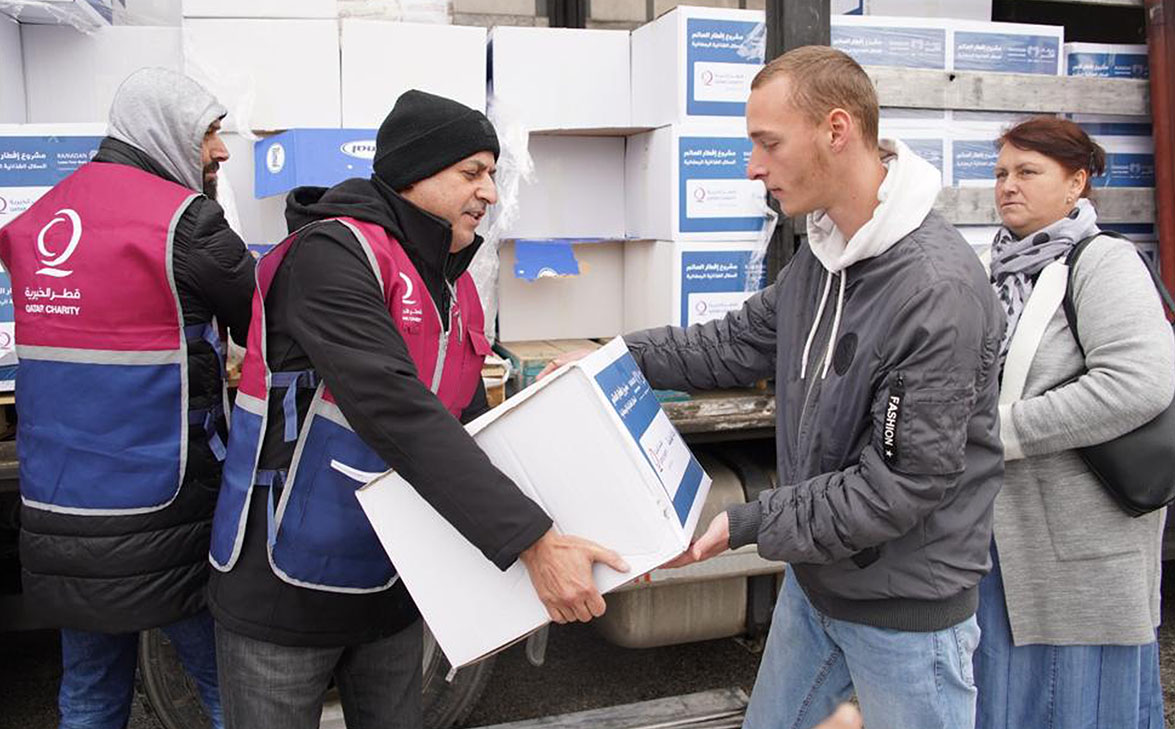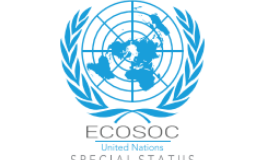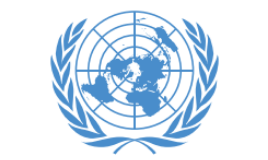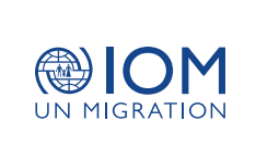Humanitarian work persists, whether through us or others, and we are nothing but a connecting link

7/31/2023 | Media Center

General Supervisor of Qatar Charity's office in Bosnia and Herzegovina, Eng. Hassan Mohd Al-Naemi:
Humanitarian work persists, whether through us or others, and we are nothing but a connecting link
- 30 years of Qatar Charity in Bosnia and Herzegovina
- An effective role of Qatar Charity in resettling IDPs and reconstruction efforts
- Qatar Charity serves the interests of those in need with full transparency.
Qatar Charity is keen to work closely with disaster-affected and needy communities to effectively assess their needs and provide impactful development interventions and humanitarian responses and meet their needs in a timely manner. Qatar Charity now, through field offices and in cooperation with local and international partners, operates in approximately 80 countries across Africa, Asia, and Europe.
The General Supervisor of Qatar Charity's office in Bosnia and Herzegovina Eng. Hassan Mohd Al-Naemi, is one of the distinguished Qatari humanitarian workers. In an interview, he discusses the role of field offices of Qatar Charity in enhancing its humanitarian and developmental efforts. He highlights the key milestones of Qatar Charity's work in Bosnia and Herzegovina and the challenges faced by humanitarian workers in the field, in addition to talking about other points. Below is the interview:
What are the most prominent milestones of Qatar Charity in Bosnia and Herzegovina over 30 years?
In Bosnia and Herzegovina, Qatar Charity has worked since the outbreak of the war in the country in 1992 through the organizations. However, it established an office in 1994 in the city of Sarajevo, followed by the opening of branches in various Bosnian cities such as Tuzla, Zenica, and Bugojno.
Qatar Charity has implemented many projects that helped ease the burden on the Bosnian people, who were suffering under the siege and the consequences of the war, which led to the destruction of infrastructure and the displacement of hundreds of thousands of people and left tens of thousands of wounded, in addition to children left without families or shelter."
· Qatar Charity contributed significantly during the war in Bosnia and Herzegovina by providing relief support. After the war ended, it actively participated in the reconstruction of the country, the resettlement of internally displaced persons (IDPs), and offering necessary assistance to those returning to their villages. Today, Qatar Charity continues to implement and support development projects that are currently required.
The most distinguishing feature of Qatar Charity is that it serves the interests of those in need with complete transparency, in coordination with government entities. It relies entirely on field surveys, monitoring, the follow-up, and supervision of its projects.
The office in Bosnia and Herzegovina, along with several field offices, participated in Qatar Charity's self-assessment. This helped the organization receive a 'Validation Letter' from the CHS Alliance, which confirms that Qatar Charity has shown its official commitment to learning to apply the Core Humanitarian Standard (CHS) for quality and accountability."
What is the role of the field office in enhancing Qatar Charity's humanitarian and development efforts?
The office of Qatar Charity in Bosnia and Herzegovina seeks to provide quality services to beneficiaries by conducting field assessments of needs and implementing projects to the highest international standards. The office maintains continuous monitoring of projects and activities with professional documentation to safeguard the dignity of the beneficiaries. The office also contributes to building good relationships with government bodies and local and international organizations. In the past, the office has implemented some qualitative projects in partnership with international organizations such as UNHCR, IOM, and DRC."
What are the most prominent projects that Qatar Charity has completed in Bosnia and Herzegovina so far?
Qatar Charity has completed numerous qualitative projects in Bosnia, most notably the ‘Orphan Care and Rehabilitation Center. This project was implemented through generous donations from His Highness Sheikh Tamim bin Hamad bin Khalifa Al Thani, the Amir of Qatar. The center is located in a strategic location in the capital, Sarajevo, and aims to provide free educational and recreational services to the sponsored orphans, totaling approximately 2,500 orphans.
Also, among the qualitative projects is the "Female Student Housing Project," which allows female students belonging to impoverished families to study at universities, providing scholarships for them to specialize in various academic disciplines. The project covers the living expenses of 110 female students, in addition to offering purposeful educational programs that benefit the students throughout the year.
The number of projects implemented by Qatar Charity in the country reached approximately 1,233 projects during the period between 2018 and 2022. Around 15,153 sponsored orphans, poor families, and people with special needs benefited from these projects.
What are your plans for work development?
During the upcoming phase, we seek to contribute to supporting six main areas, which include sponsorship (Qatar Charity sponsors more than 3,500 persons) and sustainable development through the implementation of income-generating projects, in addition to public benefit, education, reconstruction, health, and seasonal projects.
On a professional level, what is the importance of fieldwork for humanitarian workers?
Certainly, working in the field and having direct interaction with workers and beneficiaries of Qatar Charity’s projects serves as a true driving force and motivation to take advantage of all available financial and human opportunities and capabilities. This, in turn, helps in making necessary, timely, and appropriate decisions and simplifies many administrative procedures that can sometimes become real obstacles in project implementation and providing essential services to those in need.
How do you face the difficulties and challenges that often arise in the field of humanitarian work?
Some of the challenges we face and strive to overcome include tax increases and inflation, which affect the preparation of any work plan or program. Additionally, there are changes in laws related to humanitarian work at the local and international levels, and risks related to the safety and security of the staff. It is difficult to obtain funding for certain projects. We also face the duplication in the implementation of some projects with other organizations. There is also a mismatch between the size and number of projects and the human resources. Moreover, we have to deal with misleading media campaigns that seek to tarnish the image of charitable and humanitarian work.
Are there specific specifications that humanitarian workers should have?
At the forefront of these specifications is the need to have a humanitarian spirit to work without any bias or discrimination between those in need based on race, religion, or sect, in addition to have a sense of belonging to the organization and commitment to transparency, integrity, and credibility.
Can you tell us about some of the situations that you encountered in your field work?
There are many situations that affect those who provide support and assistance to the needy and bring joy and pleasure to widows and orphans and there are things that seem insignificant to some, but to others, they mean a lot.
Can you give advice to youth who want to volunteer and work in the field?
Humanitarian charity work is not like any other job; rather, it is a divine gift bestowed by Allah upon those whom He chooses. Those working in this field bring joy and happiness to the hearts of orphans, widows, and the needy. They relieve someone's distress or eases the burden on someone. It is essential to exhibit patience and ethical responsibility towards those in need, preserving their dignity and seeking reward from Allah. Humanitarian work is meant to persist, whether through us or others, and we are nothing but a link between the benevolent and those in need.
In conclusion, I extend my heartfelt gratitude to the generous people and the government of Qatar for extending a helping hand to Bosnian brothers and sisters to enable them to overcome their hardships and pave their way towards a better tomorrow.









